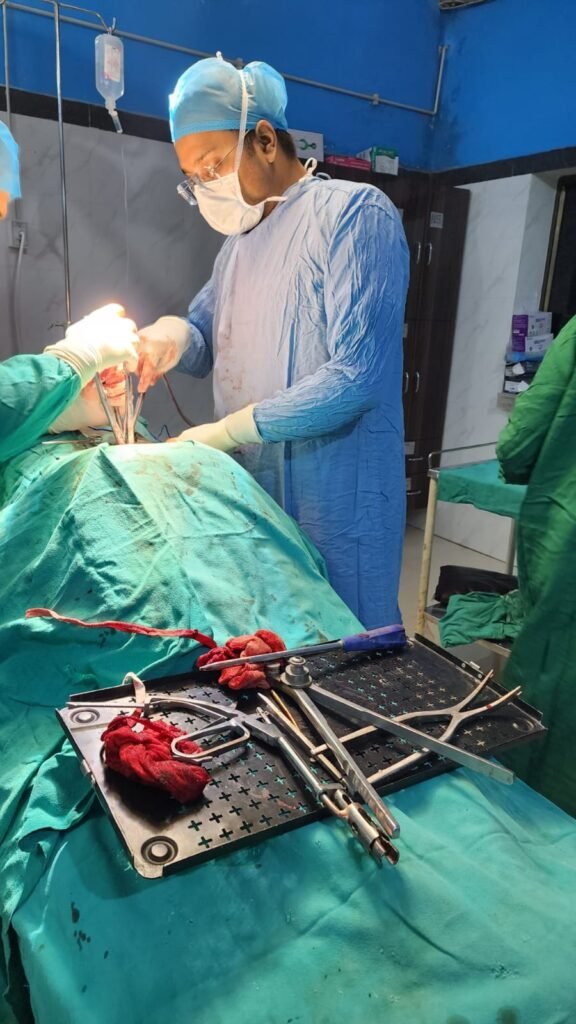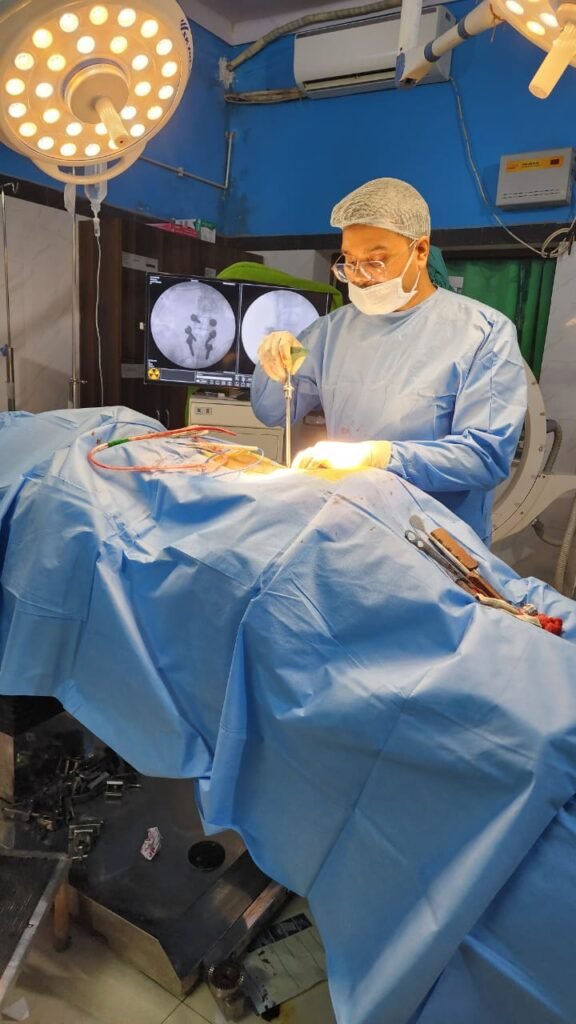
The Orthopedic Department in a hospital or healthcare facility is a specialized medical unit dedicated to the diagnosis, treatment, and care of patients with musculoskeletal conditions. Orthopedics is a medical specialty that focuses on the prevention, diagnosis, and treatment of disorders and injuries related to the musculoskeletal system, which includes bones, joints, muscles, tendons, ligaments, and other connective tissues. Here’s an overview of the Orthopedic Department:
Specialized Care: The Orthopedic Department is staffed with medical professionals who specialize in orthopedic medicine. This includes orthopedic surgeons, orthopedic nurses, physical therapists, and other healthcare providers who are trained to address a wide range of musculoskeletal issues.
Conditions Treated: The department deals with various orthopedic conditions and injuries, including:
Diagnostic Services: Orthopedic departments offer a range of diagnostic services, such as X-rays, MRI scans, CT scans, and ultrasound, to help physicians accurately assess and diagnose musculoskeletal conditions.
Treatment Modalities: Treatment options in the Orthopedic Department may include:
Specialized Units: Some Orthopedic Departments have specialized units or divisions focusing on specific aspects of orthopedic care, such as pediatric orthopedics, sports medicine, orthopedic oncology (bone cancer), or joint preservation.
Collaboration: Orthopedic surgeons often collaborate with other healthcare specialists, such as rheumatologists, radiologists, and physical therapists, to provide comprehensive care to patients.
Patient Education: Patients visiting the Orthopedic Department receive education and guidance on their conditions, treatment options, and preventive measures to maintain musculoskeletal health.
Rehabilitation: Many orthopedic departments have physical therapy and rehabilitation centers to aid in the recovery process. This includes exercises and therapies to improve mobility, strength, and function.
Patients with orthopedic issues typically seek care at an Orthopedic Department through referrals from primary care physicians or other specialists. Treatment plans are tailored to the individual patient’s condition and may involve a combination of medical, surgical, and rehabilitative approaches.
Orthopedic Departments play a crucial role in improving the quality of life for individuals with musculoskeletal problems, helping them regain function and mobility, reduce pain, and enhance their overall well-being.



